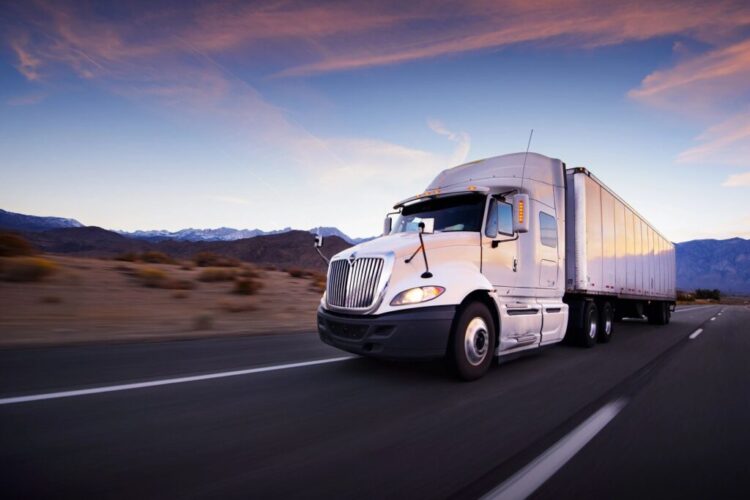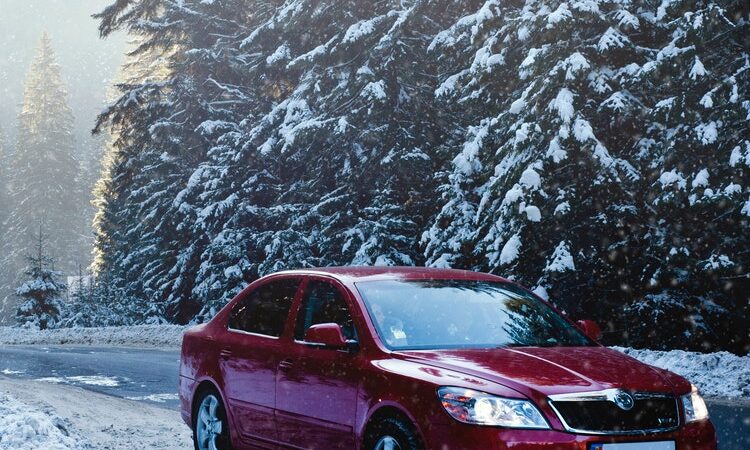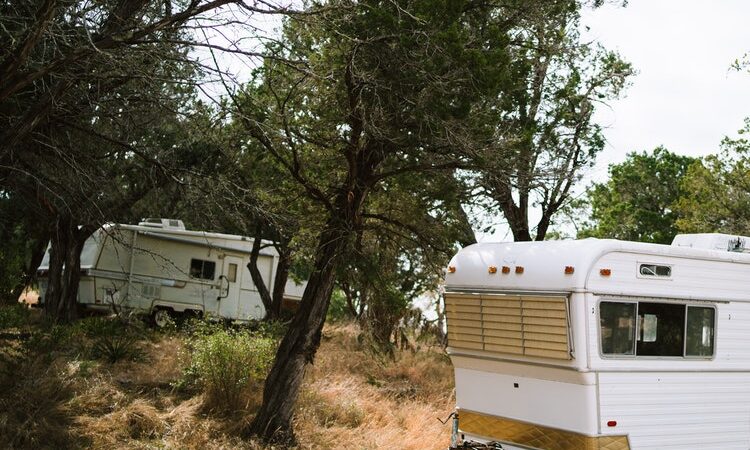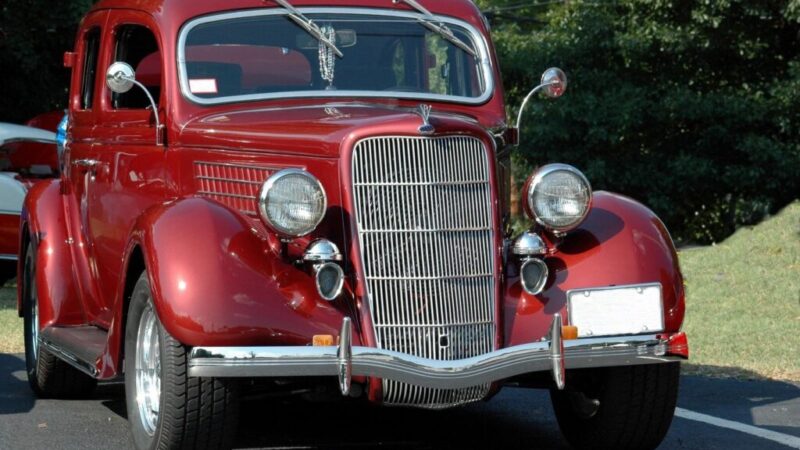What Can You Do after an 18-Wheeler Truck Accident?

We see a lot of trucks on the interstates and highways. 18-wheeler trucks carry industrial goods from place to place, and play a significant role in running a civilization.
Though important, operating an 18-wheeler requires training, aptitude and attention. When the driver lacks any of these factors, the vehicle may run into accidents.
Due to the sheer size of the vehicle, an accident can damage multiple properties, and may even kill a large number of people. For that reason, education about the types, causes and prevention of 18-wheeler truck accidents are necessary.
Types of Truck Accidents
An 18-wheeler can run into a number of accidents. Let’s get to know the common types of 18-wheeler truck wreck that we should be aware of.
T-Bone
T-bone accidents occur when an 18-wheeler truck driver runs a red light, ending up crashing into another vehicle or other vehicles. The consequence is no laughing matter.
Head On
Trucks can collide with each other head on. Most often, people don’t survive this crash.
Lost Load
When goods are not properly secured in the truck, they may spill over. This can cause severe injury to motorists and passengers. Oil and chemical spills may pose a threat to the surrounding wildlife and environment.
Under Ride
An under ride occurs when an 18-wheeler truck suddenly comes to a halt, and all the vehicles behind it crashes into it. Under ride collisions have been recorded as some of the most fatal car accidents. Installing an under ride guard at the back of trucks are recommended to prevent terminal injury.
Rear-end
Rear-end trucking accidents happen due to the weight of the 18-wheeler trucks. These trucks take longer to change course and to stop, which leads to rear-end collisions. It gets worse when the truck is carrying hazardous materials, which are flammable and toxic.
Blind Spots
Blind spots accidents occur when a truck driver can’t see other vehicles around them when he or she is changing lanes. Adjacent cars may be crushed, hit or forced off the road because of the blind spots.
Wide Turn
A wide turn is when an 18-wheeler truck driver steers left to make a right turn. Vehicles and pedestrians can get trapped when the driver is not mindful of the surroundings on the right side.
Tire Blowout
Tire blowouts are scary on any type of vehicle. It is especially scary when it happens with a giant 18-wheeler truck. It may result in flying debris, loss of control over the vehicle, cargo spillage, truck roll over and collision with other vehicles.
Truck Rollovers
When driving a massive truck like the 18-wheeler, the driver can sometimes lose control of the truck and roll over. It is going to destroy everything that gets in its path when that happens.
Jackknife
A jackknife occurs when the driver pushes the brake hard all of a sudden. The trailer and cab face different directions and the truck is likely to flip over. This type of accident can cause multiple vehicle crashes.
What Can You Do to Help after the Accident?
So what now after the accident? How can you help? Follow the steps below to help the injured and take action.
Get Immediate Medical Help
When you witness an accident or become a victim to it, the first priority is to get medical attention as soon as possible. Call a nearby hospital and inform them of the situation.
Look around for the location and notify the hospital of the number of people injured. The medical team may administer the wounded. You should not avoid being treated by the medical team following a truck accident.
In addition, document the records of the medical care meticulously, as you would require them for claims and damages. Other than getting help for yourself, try to help other victims of the truck accident as well.
Contact the Police
Although health comes first, you have to contact the local police prior to an 18-wheeler truck accident. You must inform the police of your point of view on how the accident took place.
When you are talking to the police, make sure you are talking to a real police officer by checking his ID, and taking his name and station. You should not assume anything about the accident, but be specific and logical about what happened.
Once you are done giving witness, ask for a copy of the report from the police officer. You should do so right there in the spot, instead of collecting it from a police station.
File Your Insurance Claim
The insurance company will take time to investigate the situation after you have filed a claim, but don’t delay it. You should report the incident immediately after the incident. If you delay with the claim, the insurance company may refuse to help you in the matter.
However, make sure to talk to your lawyer before giving your statement to the insurance company. You should also not sign anything without your attorney’s knowledge.
Get Legal Help
When the losses and injuries are serious, you should get legal help without wasting any time. When you are filing a truck accident claim, you have to prove that the defendant owed you a duty of care, but it was breached, which is how you suffered damages. You will need a lot of evidence to prove this situation, and you need a lawyer to help you prove this.
Final Thoughts
When you witness or end up in an 18-wheeler truck accident, you should take the above precautions. Getting in touch with the medical team, the local police and a good attorney is crucial to ensuring your safety.
You should be aware of all the types of accidents you may encounter if you are driving an 18-wheeler truck or driving next to or behind one. Even as a pedestrian, you should be careful when you see an 18-wheeler truck passing by.
Having an eye open for danger and being informed about all the right steps to take when you indeed witness an accident is important as well. So, take care of yourself and be careful when you are walking or driving by a huge truck.



